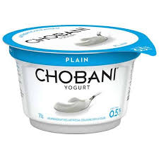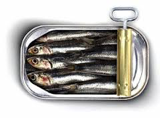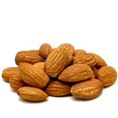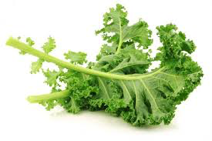Calcium - are you getting enough? by Lisa Sherman
/by Lisa Sherman, Nutritionist, 0413 580 608. Email: wholelifenutrition1@gmail.com www.wholelifenutrition.net.au
We all know the importance of strong and healthy bones and that adequate daily calcium intake is needed to help achieve this. But calcium isn’t just required for our bones. Calcium is one of the most important minerals in the human body and has many roles in addition to helping provide structure and strength to our bones and teeth. It is essential for muscle contractions and relaxation, nerve impulse transmission, cardiac function, energy production and helping to maintain a healthy blood pressure. It is also needed for blood clotting, plays a role in hormone secretion, enzyme activation and maintenance of our immune function. All pretty important body functions and not just when we are exercising!
So how much calcium do we need?
The Recommended Dietary Intake (RDI) for calcium varies depending on gender and life stage. Women and men aged 19-50 years, require 1000mg per day. Calcium requirements increase to 1300mg per day for teenagers, women over 50 years and men over 70 years.*
For many of us, we obtain our daily intake of calcium from dairy products, usually 2 to 3 serves per day. But for those that don’t consume dairy, we need to ensure we are getting an adequate daily intake from non-dairy sources. The guide below provides a helpful reference to what a day’s calcium intake looks like – both with dairy and without.
What does a day’s intake of calcium look like?
WITH DAIRY… 1 glass of milk (304mg), 200g tub of regular natural yoghurt (385mg), 2 slices of swiss cheese (395mg)
WITHOUT DAIRY… 100g sardines, a little over 1 tin (367mg), 100g tofu (320mg), 3 dried figs (80mg), 25 almonds (75mg), 1 orange (52mg), 1 cup of kale (94mg)
Other ways to boost calcium intake from non-dairy sources:
ü small fish with soft edible bones (eg canned salmon – 310mg/100g)
ü vegetables (eg bok choy, silverbeet or broccoli – 42mg/100g)
ü almond milk – 300mg/250ml (1 cup)
ü eggs – 25mg/per egg
ü dried apricots – 67mg/100g
ü pumpkin, boiled – 37mg/1 cup
ü rhubarb – 266mg/1 cup
ü spinach, boiled – 122mg/½ cup
ü chia seeds – 157mg/25g
ü flax seeds – 63mg/25g
ü tahini – 105mg/25g
*Source: Nutritional Reference Values Australia and New Zealand, NHMRC, Australian Government (2014)






















